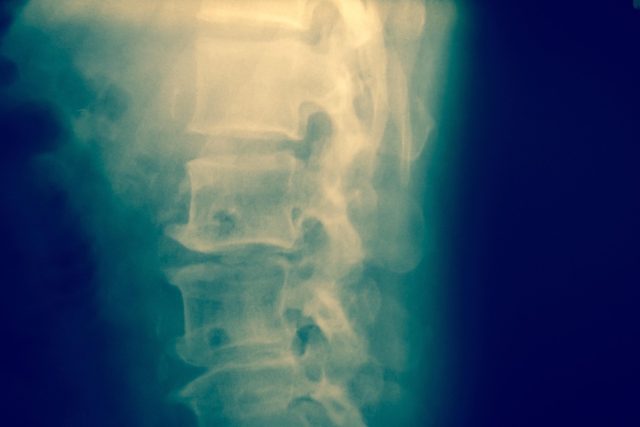Surgical treatment improves neurological function, quality of life
By Elana Gotkine HealthDay Reporter
THURSDAY, Aug. 22, 2024 (HealthDay News) — For patients with thoracic ossification of the posterior longitudinal ligament (T-OPLL), surgical treatment is effective for improving neurological function, quality of life (QoL), and pain management during a 10-year period, according to a study published online Aug. 5 in the Journal of Bone & Joint Surgery.
Sadayuki Ito, M.D., Ph.D., from the Nagoya University Graduate School of Medicine in Japan, and colleagues retrospectively examined 51 patients followed for ≥10 years after posterior decompression and corrective fusion surgery for T-OPLL to assess clinical, functional, and QoL outcomes.
The researchers found a significant improvement in the Japanese Orthopaedic Association score from preoperatively to two years postoperatively (3.7 to 7.9); thereafter, the score remained stable. The mean EuroQol-5 Dimension-5 Level score improved from 0.53 to 0.68 from preoperatively to 10 years postoperatively. For both back and leg pain, the numerical rating scale scores decreased from 5.4 to 3.5 and from 4.0 to 3.0, respectively, from preoperatively to 10 years postoperatively. Kyphotic angles and ossification areas changed, with no significant progression after two years. Overall, 14 patients (27.5 percent) experienced postoperative complications; eight (15.7 percent) required reoperation: six and two in the perioperative period and later, respectively. Additional surgeries for conditions including lumbar spinal canal stenosis and cervical OPLL were performed for four of the patients (7.8 percent). In all cases with postoperative complications or additional surgery, physical function remained stable over the decade.
“These complications and interventions did not substantially detract from the overall QoL improvement,” the authors write.
Copyright © 2024 HealthDay. All rights reserved.



















